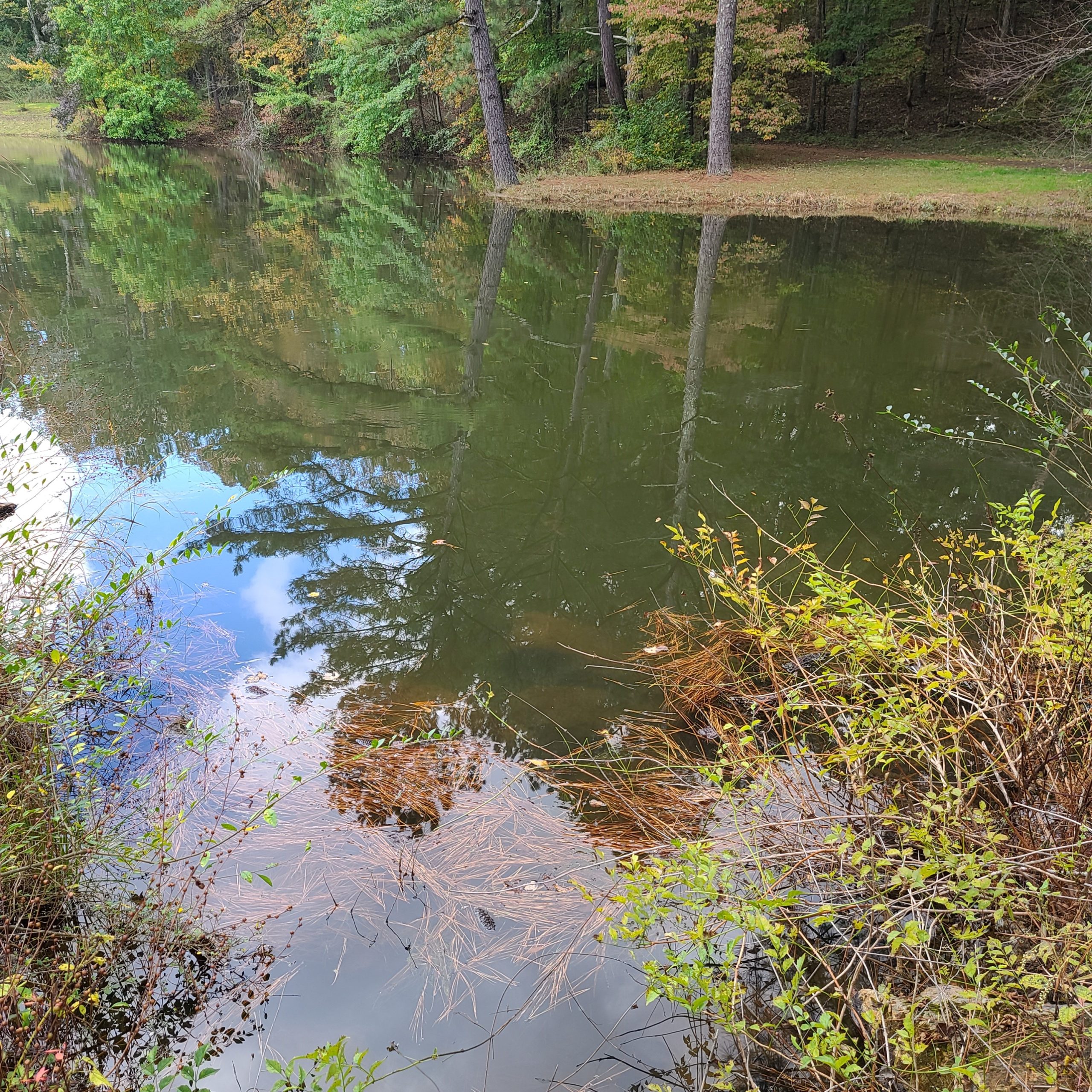Posted on October 26, 2021 by Ronald Janke
The Army Corps of Engineers and Environmental Protection Agency have announced, 86 Federal Register 58829 (Oct. 25, 2021), that they will host ten virtual regional roundtables for the purpose of engaging in meaningful dialogue on the definition of waters of the United States (“WOTUS”) under the Federal Water Pollution Control Act. www.federalregister.gov/documents/2021/10/25/2021-23039/notification-of-regional-roundtable-discussions-regarding-waters-of-the-united-states. The roundtables will be composed of self-nominated groups of up to 15 participants selected by the agencies. Each group must include individuals who together represent the perspectives of agriculture, conservation groups, developers, drinking water/wastewater management, environmental organizations, environmental justice communities, industry and “other key interests in that region.” Each group’s proposal must identify key topics related to implementation in that region of the WOTUS.
The agencies have divided the states into five unique regions containing up to 12 states. Key regional interests will vary widely in most regions. For instance, the Southeast region includes West Virginia and its mountain streams and Florida and its marshlands. The Midwest region spans farms with drainage tile in Ohio farms in Ohio and ranches in the semi-arid areas of North and South Dakota. The West region has both Alaska and Hawaii. Establishing roundtables based on common types of water bodies instead of states in a geographic region may have been a better choice for facilitating dialogue.
Having structured the regional roundtables in this manner, the agencies are in the position of picking winners who will have a seat at the table and of being charged with playing favorites in their selections. Groups not selected, like the rest of the public, will be resigned to being observers of the of the virtual proceedings. Achieving meaningful dialogue on a potentially large number of key regional topics may be a challenge for the groups. Especially in regions composed of a dozen states, even a group of 15 participants representing, at a minimum, the seven mandated organizational interests, may find itself spread thin when it comes to having sufficient experience and information to engage in meaningful dialogue between participants on some issues. Conversely, where there is widely-shared expertise within the group on an issue, the typical time constraints of virtual conferences may prevent effective engagement in the conversation by some participants. The roundtables are expected to occur later this year or early next year.
